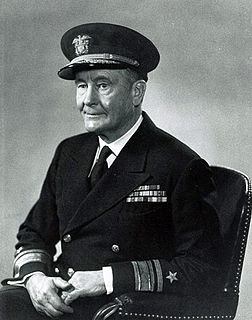Top 19 Quotes & Sayings by Samuel Eliot Morison
Explore popular quotes and sayings by an American historian Samuel Eliot Morison.
Last updated on December 25, 2024.
America was discovered accidentally by a great seaman who was looking for something else; when discovered it was not wanted; and most of the exploration for the next fifty years was done in the hope of getting through or around it. America was named after a man who discovered no part of the New World. History is like that, very chancy.
Make no mistake; the American Revolution was not fought to obtain freedom, but to preserve the liberties that Americans already had as colonials. Independence was no conscious goal, secretly nurtured in cellar or jungle by bearded conspirators, but a reluctant last resort, to preserve "life, liberty and the pursuit of happiness."
If the American Revolution had produced nothing but the Declaration of Independence, it would have been worth while. . . . The beauty and cogency of the preamble, reaching back to remotest antiquity and forward so an indefinite future, have lifted the hearts of millions of men and will continue to do. . . . These words are more revolutionary than anything written by Robespierre, Marx, or Lenin, more explosive than the atom, a continual challenge to ourselves as well as an inspiration to the oppressed of all the world.
If the European discovery had been delayed for a century or two, it is possible that the Aztec in Mexico or the Iroquois in North America would have established strong native states capable of adopting European war tactics and maintaining their independence to this day, as Japan kept her independence from China.
But sea power has never led to despotism. The nations that have enjoyed sea power even for a brief period-Athens, Scandinavia, the Netherlands, England, the United States-are those that have preserved freedom for themselves and have given it to others. Of the despotism to which unrestrained military power leads we have plenty of examples from Alexander to Mao.
Military and absolutist regimes are undoubtedly well fitted to get the jump on an unsuspecting or unprepared enemy; but the history of modern warfare proves that they cannot win over representative governments in the long run, provided that people behind those governments have the heart to sustain initial punishment, and both the will and the resources to fight back.
























